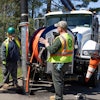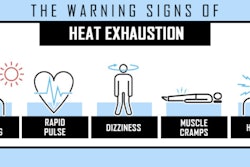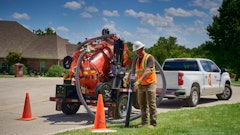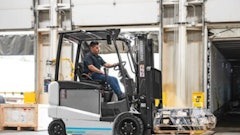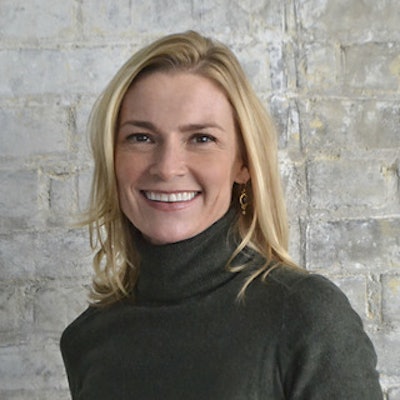
The other day my 13-year-old daughter climbed into the car and told me she had just had a really satisfying meeting with her orchestra teacher and felt great about it. I asked what it was about and she explained she had emailed him the night before about her extreme nervousness over an ensemble performance she was scheduled for that weekend. She approached him because she wanted him to be aware of how anxious she was, not so he could solve the problem, just so that he knew where she was coming from (her words). She also asked him for more details about how the event would run because she knew the more information she had, the better she would feel. Long story short, my daughter's teacher met her halfway, acknowledged her fears, provided the details she asked for, and then offered reassurance that it would all be fine. The end result is my daughter felt more comfortable, capable and prepared, and she wound up feeling good about a performance she was ready to bail on out of nerves.
I'm not sure I've ever been more proud as a parent. She didn't get outstanding marks for her skills or talent, however, I'm impressed with her ability to articulate how she felt, her willingness to be vulnerable to an authority (and an audience!), and her capability to ask for what she needed and receive it.
If you've read this far, thank you for indulging me this proud parent moment. I think it could have value for all of us. What if we used similar tactics in business, in government, in politics, in personal relationships? What if we strove to be transparent, vulnerable, straightforward, direct and receptive? Would there maybe be fewer misunderstandings, more cooperation, greater efficiency and ultimately, more success?
"Vulnerability," in particular, is kind of a buzz word in the workplace these days. It sounds soft and fuzzy, like something you'd hear in your therapist's office, not a staff meeting. But according to Brené Brown, research professor and bestselling author, "Vulnerability is the willingness to show up and be seen by others in the face of uncertain outcomes. There’s not a single act of courage that doesn’t involve vulnerability... it is the birthplace of innovation, creativity, and change,” she says. “If you’ve created a work culture where vulnerability isn’t okay, you’ve also created a culture where innovation and creativity aren’t okay.”
Food for thought.


